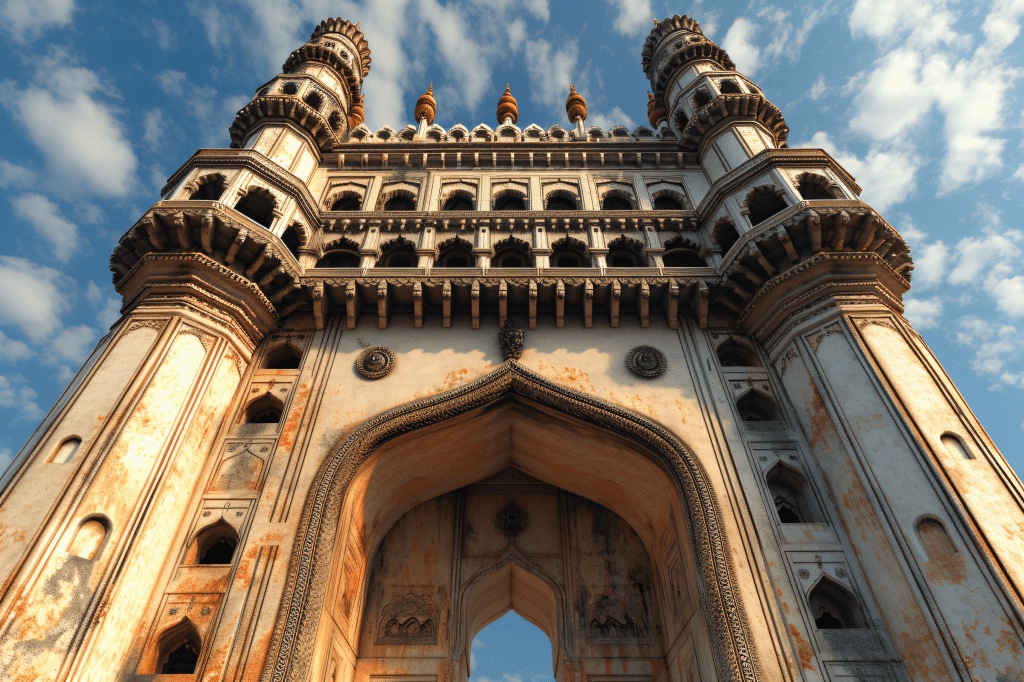By Farooq Wani
Every religion encourages its well-off followers to offer contributions for religious purposes and for betterment of its economically weak community members. Islam has the concept of Waqf, or the permanent dedication of any movable or immovable assets (mawquf) by a person or persons (waqiif/s) for pious, religious or charitable purposes in accordance with Muslim law.
In recent times, a debate has been raging over many issues related to Waqf like, whether the institution of Waqf is being utilised to its full potential or not, has it with the passage of time become inefficient in that it has not being in a position to improve socio-economic conditions of the Muslim community, and most importantly, is reform of this institution the need of the hour?
This writer recently participated in a television debate on The Waqf (Amendment) Bill, 2024 that was introduced by the NDA government in Parliament at the beginning of this month. While assessing the views of both the government and the opposition, he maintained that as the third largest landowning entity in India, the Waqf needs urgent reform and a review of its functions to deliver on its promise of welfare for all Muslims, irrespective of status, especially in terms of social uplift, education, healthcare, economic stability and sustenance.
After the Railways and Defence departments, India’s Waqf boards control 8.7 lakh properties spread over 9.4 lakh acres, with an estimated value of Rs.1.2 lakh crores. In Jammu & Kashmir, the J&K Waqf Board is headed by Dr Syed Darakhshan Andrabi and ever since assuming charge she has committed herself completely in promoting an outreach programme with the aim of improving facilities and other arrangements for devout Muslims.
At a time when many status quoists are criticizing the new Waqf Bill without even having pondered over the significance of the amendments incorporated therein, Dr Andrabi’s response to ongoing debate over The Waqf (Amendment) Bill, 2024, was that this discussion should not be viewed negatively and one should approach this issue with a positive outlook. She added that the Centre stands committed to improving the Waqf ecosystem.
This writer also holds the view that the Waqf Board needs to use its substantial land holdings and monies in a much better way. It needs to be more transparent in its day-to-day operations and ensure greater efficiency and better management so that noble objectives of Waqf are fully realised and the poorest of the poor and maximum number of needy Muslims benefit both in the short and long term.
Initiating reforms is crucial to maximising the assets. The time is ripe to move away from low rentals, poor collections, illegalities and squandering of assets and this is the overall sentiment of the community. Furthermore, Mutawalis or custodians of Waqf properties have to be held accountable for their decisions and actions.
In 2006, the Justice Rajinder Sachar Committee had estimated that Waqf income could be at least Rs.12, 000 crores per annum, but eighteen years on, instead of earning a potential income of Rs.20,000 crore annually, its actual revenue as per the Ministry of Minority Affairs, is an abysmal Rs.200 crores.
This writer feels that if Waqf properties in J&K as well as other parts of the country are managed efficiently and in a transparent manner, not only Indian Muslims, but the entire Indian society at large, will benefit enormously. For that to happen, a broad-minded and inclusive approach to welfare is essential.
As years of apathy have resulted in overall neglect of Waqf assets and facilitated large scale encroachments of its properties, the challenges before Waqf boards are huge but this sorry state of affairs cannot be can’t be allowed to continue. There is an inescapable and immediate need for wide ranging reforms to include better management, greater transparency and accountability. Simultaneously, the scope of Waqf board activities both in terms of governance and administration under the aegis of both the State and Central Waqf Councils (CWCs) is essential to serve the community in a much better manner.
The opposition to the Waqf Amendment Bill mainly stems from two sections of the community- one, those who have little or no knowledge of ground realities and see any initiative to change the improve the current setup as an anti-Islam act. The second set of people includes those who are either directly or indirectly profiting from the lacunae in the existing system and as such would try their best to preserve their illegal sources of income.
Those devout Muslims who permanently transfer their properties to the Waqf Board do so as they believe that the income derived for the same would be used for the betterment of the community. Accordingly, ensuring that this bond of trust is not broken by extraneous influences becomes a sacred duty, not only for the Waqf Board but every Muslim.
Any system that refuses to introspect as well as change with time is destined to extinction and Waqf is no exception. So, it’s in the overall interest of the Muslim community in India to ensure that this wonderful asset is not only preserved but also modernised so that it can become more efficient as this would facilitate enlarging both its scope and outreach.
(The author is the Editor of Brighter Kashmir, Author, TV commentator, political analyst and columnist.)
(Disclaimer: Views expressed are personal and do not reflect the official position or policy of FinancialExpress.com Reproducing this content without permission is prohibited.)


